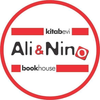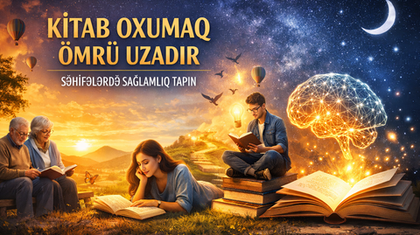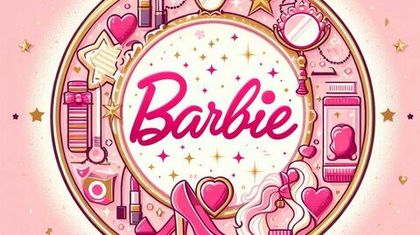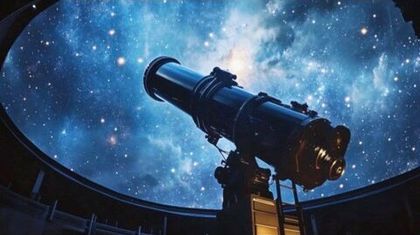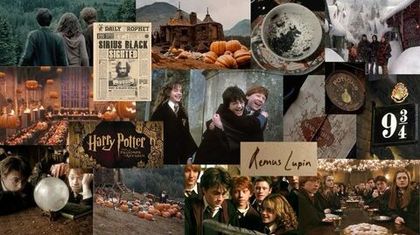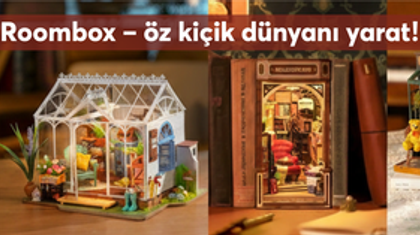Literature is the oldest bridge humanity has built to understand itself and the world. Though time changes, the stories that cross this bridge remain just as powerful — they make us think, transform us, and bring us together.
In this fascinating survey conducted by the BBC, 108 intellectuals — including writers, scholars, journalists, critics, and translators from 35 different countries — selected 29 books that have had the greatest impact on human thought.
This list is, in a sense, the collective memory of humanity. It unites the heroic chronicles of ancient Greece with the social, philosophical, and psychological dilemmas of the modern world.
The 29 works on our list and their spirit:
-
Homer – The Odyssey
The journey of the hero Odysseus returning home is a symbol of humanity’s endless quest toward self-discovery, memory, and meaning.
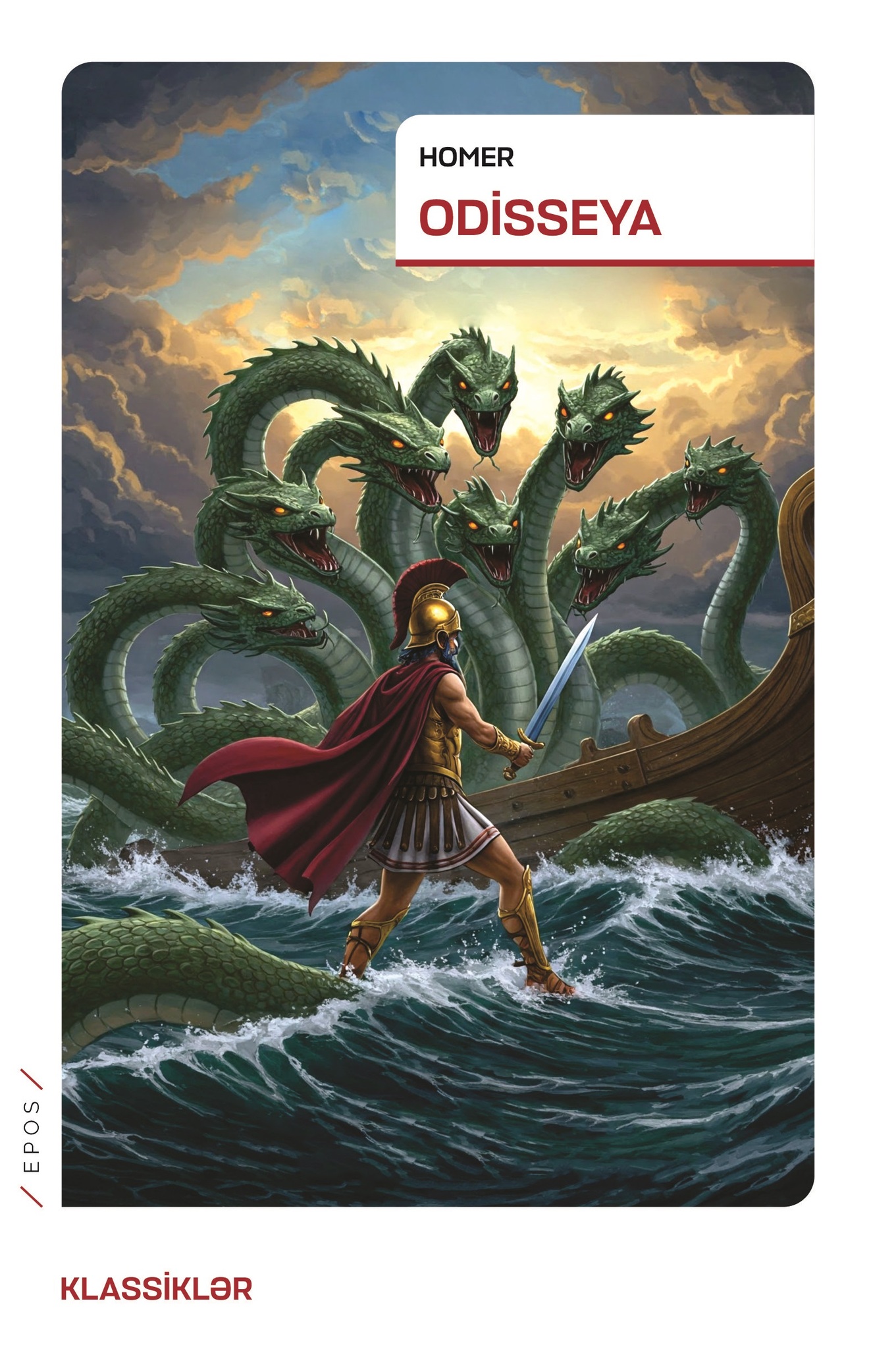
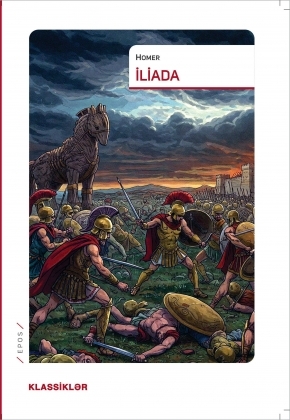
-
The Epic of Gilgamesh (The Tale of the All-Knowing Man)
One of the oldest literary works in the world; the story of Gilgamesh’s quest for immortality reflects the spiritual beginnings of humanity.
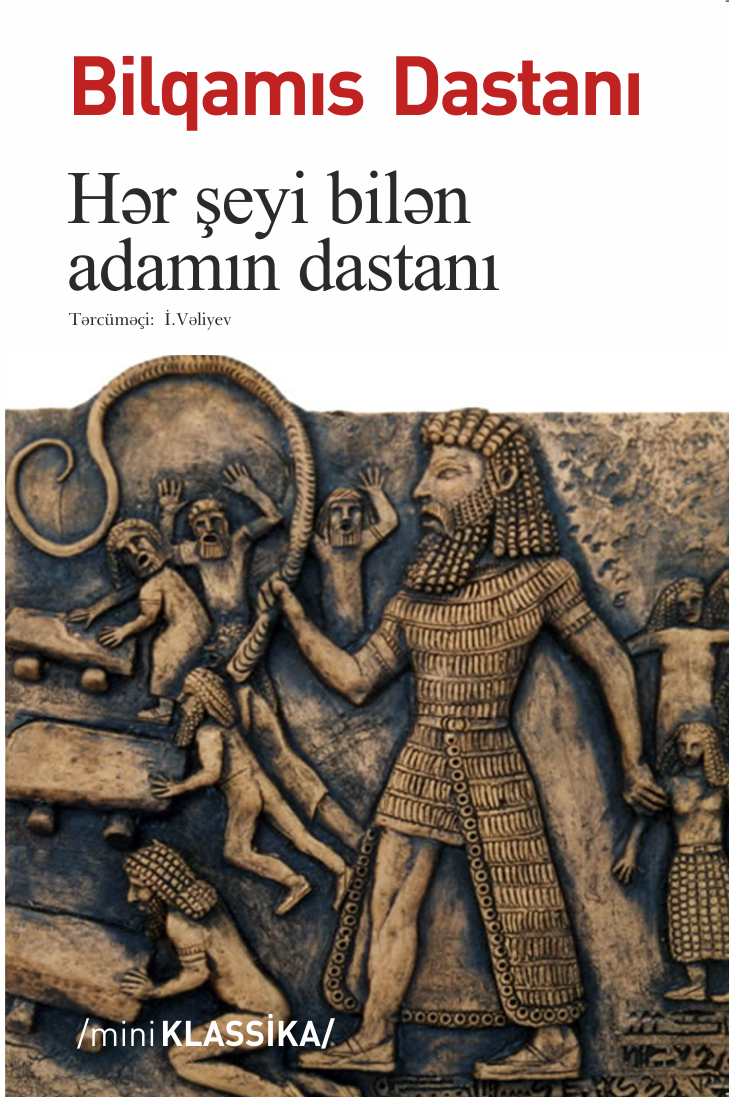
-
Daniel Defoe – Robinson Crusoe
A solitary island, a solitary man — an unforgettable symbol of civilization’s meaning, labor, freedom, and resilience.
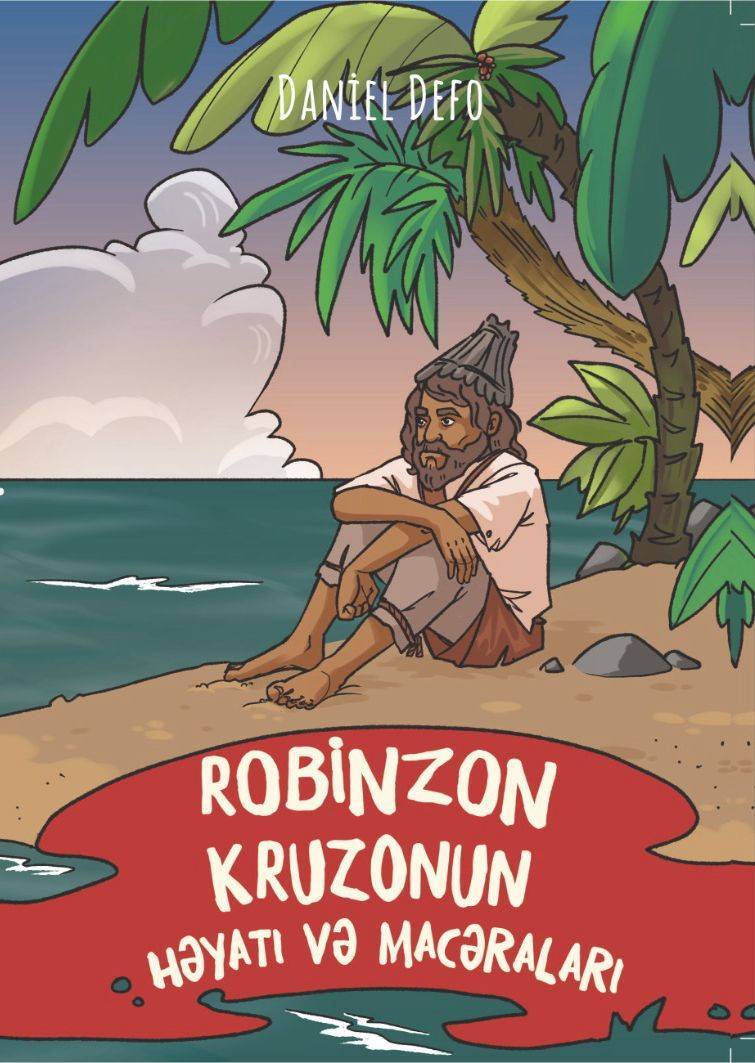
-
Miguel de Cervantes – Don Quixote
A man battling on the border between reality and dreams: a universal story proving that idealism never dies. -
Mary Shelley – Frankenstein
The monster created by human intellect, the boundaries of conscience and responsibility — a clash of science and morality. -
George Orwell – 1984
A dystopia showing how a totalitarian system controls the human spirit — literature’s most powerful response to the concept of freedom. -
George Orwell – Animal Farm
A great political satire hidden behind a simple animal fable — revealing how power can turn into corruption. -
Gabriel García Márquez – One Hundred Years of Solitude
A masterpiece of magical realism; the story of the Buendía family traces the history of Latin America, human memory, and fate. -
Toni Morrison – Beloved
The painful story of a woman trying to break free from the chains of the past — a poetic reflection on freedom and motherhood. -
William Shakespeare – Romeo and Juliet
A tragedy that immortalizes love — the pure feelings of two young people stand against society’s hatred. -
J.K. Rowling – Harry Potter
A modern myth about magic, friendship, and the power of choices on the journey from childhood to adulthood. -
Charlotte Brontë – Jane Eyre
A novel that values willpower over beauty — a woman’s struggle for freedom and love. -
Emily Brontë – Wuthering Heights
A stormy love story — passion, revenge, and the dark depths of the human soul. -
Jane Austen – Pride and Prejudice
A clever love story growing amid social classes, pride, and misconceptions — delicate satire and romance. -
Leo Tolstoy – War and Peace
Not just a novel, but a mirror of an era — exploring war, love, and the depths of the human spirit. -
Fyodor Dostoevsky – Crime and Punishment
A struggle between conscience and sin, reason and emotion — a human search for inner justice. -
Harper Lee – To Kill a Mockingbird
A child’s view of injustice — a powerful call to the conscience of society. -
Gustave Flaubert – Madame Bovary
A masterpiece of realism — the tragedy of a woman trapped between fantasy and reality. -
Voltaire – Candide, or Optimism
A philosophical journey written with the power of irony — human naïveté collides with the harsh realities of the world. -
Johann Wolfgang von Goethe – The Sorrows of Young Werther
A symbol of romantic emotions — showing how love and sorrow transform the human spirit. -
Franz Kafka – The Trial
A world of absurdity — a bureaucratic nightmare where one is accused without reason and justice is lost. -
Marcel Proust – In Search of Lost Time (Swann’s Way)
A poetic exploration of time and memory — the past revived through a smell or taste. -
Salman Rushdie – Midnight’s Children
A masterpiece of magical realism reflecting India’s independence era through symbolic stories. -
Antoine de Saint-Exupéry – The Little Prince
Profound philosophy written in simple words — a child’s pure perspective on the adult world. -
Bram Stoker – Dracula
A classic of horror literature — a symbol of the dark desires within humans. -
Louisa May Alcott – Little Women
A delicate and hopeful story about family, sisterhood, and women’s freedom. -
Virginia Woolf – Orlando
A poetic novel transcending time and gender — a unique exploration of identity and creativity. -
One Thousand and One Nights
The story of stories — a magical collection where Scheherazade’s words even postpone death.
Each of these works is more than literature — they mark the stages of human intellectual development.
